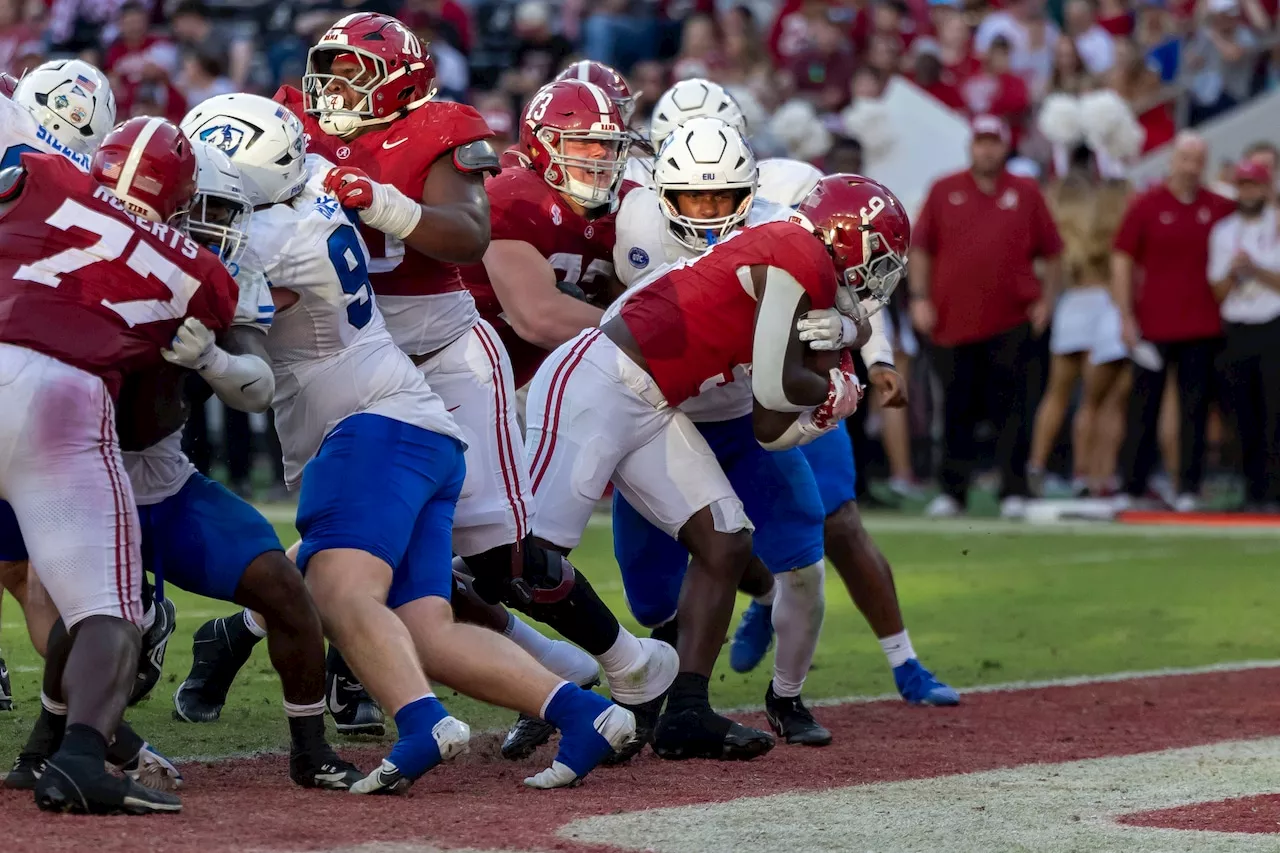
UPDATE: The results are in from Business Insider’s latest reader survey, revealing that an overwhelming 59.3% of respondents have encountered the viral phenomenon known as the “Gen Z stare.” This survey, which drew 241 participants, highlights a significant generational behavior that has taken social media by storm.
The “Gen Z stare,” a wide-eyed expression often linked to requests for small talk, has sparked intense discussions online. Many respondents shared their experiences, with 143 readers confirming they have directly encountered this unique expression popularized on platforms like TikTok.
The debate surrounding the “Gen Z stare” has ignited conversations about social skills and generational differences. Some millennials argue that the stare represents a new form of social anxiety, similar to how previous generations were criticized for their habits. Others see it as a valid expression of a generation shaped by constant rejection and digital communication.
Participants in the survey provided diverse opinions. Lauren Prieto, a reader, noted, “Gen Z is very creative and tech-savvy,” but expressed concerns about their proactive skills compared to older generations. Meanwhile, Justin Scarborough described Gen Z as “polite, thoughtful, and engaged” but acknowledged a “shy wall” that complicates social interactions.
The workplace has also been impacted, as reflected by Ashleigh Moten, who manages Gen Z employees. She observed, “I see a lack of social skills, mainly the ability to start a conversation first which is essential in sales.” This sentiment resonates with many in the professional realm, highlighting the challenges faced by younger employees in initiating dialogue.
The emotional landscape of Gen Z is also a focal point of the discussion. Cole Bailey pointed out that this generation has faced “rejection” from college applications to job opportunities, leading to a pervasive sense of disconnection. Similarly, Eric Wagner framed Gen Z as the “spiritual successor to Gen X,” suggesting their experiences have led to a valid but often misunderstood demeanor.
As the conversation around the “Gen Z stare” continues to evolve, it underscores a critical moment for intergenerational understanding. The findings of this survey are not just numbers; they reflect the real challenges and emotions faced by a generation navigating a rapidly changing social landscape.
Stay tuned for more updates as this fascinating discussion develops. The insights from this survey are a reminder of the importance of open dialogue across generations. Share your thoughts and experiences – the conversation is just beginning.







